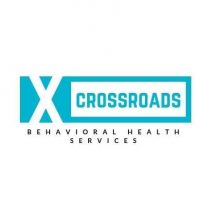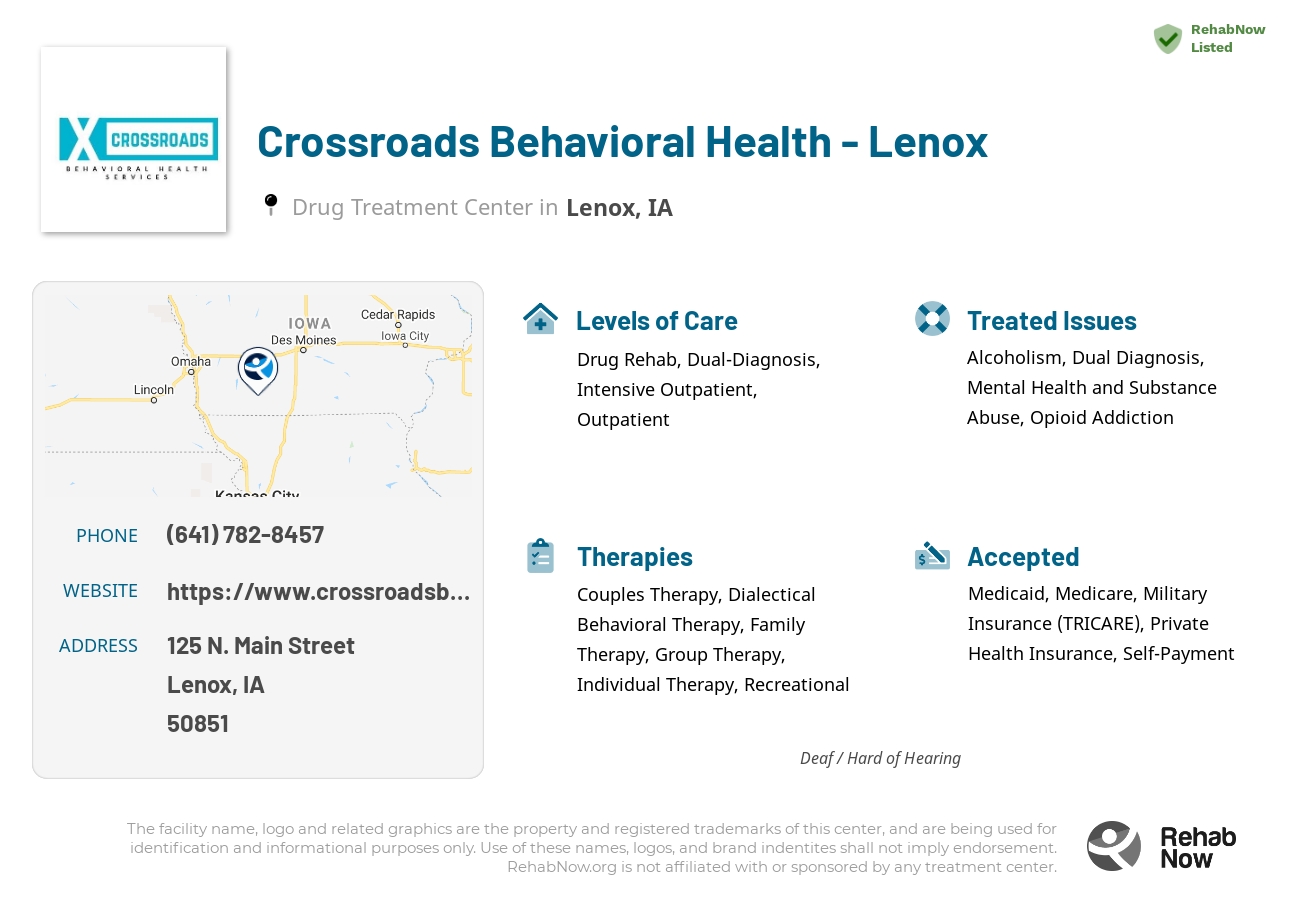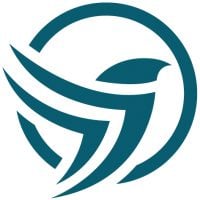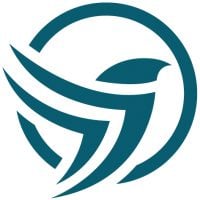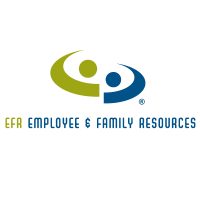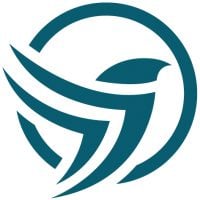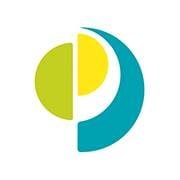Crossroads Behavioral Health - Lenox
Drug Rehab Center in Lenox, Iowa
Crossroads Behavioral Health - Lenox is an Iowa-based facility that offers evidence-based treatments for addiction and mental health issues, following a 12-Step philosophy and providing services to adults and adolescents, with addiction-focused therapies, family and group therapies, comprehensive aftercare services, and up-to-date continuing education for their staff.
About Crossroads Behavioral Health - Lenox in Iowa
Crossroads Behavioral Health - Lenox is an Iowa-based facility located in Lenox, Iowa that provides evidence-based treatments and counseling for addiction and mental health issues. Their facility follows a 12-Step philosophy, and provides services to adults and adolescents, to help individuals understand their relationship with alcohol and drugs, and build skills for long-term recovery. Crossroads Behavioral Health - Lenox offers a safe, professional environment to help individuals take an active role in their recovery.
At Crossroads Behavioral Health - Lenox, individuals can benefit from addiction-focused therapies such as cognitive-behavioral therapy, motivational interviewing, and dialectical behavior therapy. They also offer various types of family and group therapies, which are essential to a successful and long-lasting recovery process. The staff is committed to providing comprehensive, individualized and effective care that meets the diverse needs of their patients. In addition, specialists at Crossroads Behavioral Health - Lenox are dedicated to providing education and resources that help individuals on their journey to recovery.
Crossroads Behavioral Health - Lenox is a licensed and accredited facility and is committed to providing quality care and services. They have been granted accreditation by the Joint Commission and have been recognized for the quality of their services by the National Association of Addiction Treatment Providers. Crossroads Behavioral Health - Lenox also offers comprehensive aftercare services to help individuals maintain their recovery and remain connected to their support system. Furthermore, their facility is committed to providing up-to-date continuing education for their staff and uses evidence-based practices to ensure the highest standards of care.
Genders
Ages
Modality
Additional
Conditions and Issues Treated
Opioid addiction has become a significant health problem in the United States. When a person’s life becomes unmanageable because of an opioid addiction, treatment can help them get sober. Treatment includes medical care and counseling.
“With so many people struggling with opioid addiction, we need more care and attention for those who want to quit. Opioid addicts often take opioids when they experience a painful injury – that’s how the cycle starts! When someone begins taking their medication differently than prescribed or takes an excessive amount of drugs, it means they’re hooked on drugs and in danger of overdosing.
The most successful way to beat this is through detoxing from these types treatments at Crossroads Behavioral Health - Lenox in . Most facilities start by using medical support during the process while providing counseling services; rehabilitation comes later on after treatment has been completed successfully.
A “dual diagnosis” is when the individual has two medical issues at the same time. The top co-occurring mental disorders with addiction are depression, anxiety, ADHD, bi-polar disorder. Addiction is also considered a mental illness that is not a choice but rather a medical condition. Addiction can be caused by any number of underlying issues.
Dual diagnosis is provided by Crossroads Behavioral Health - Lenox to treat addictive tendencies as well as any untreated mental illnesses. This ensures successful long term health and recovery for patients after treatment has been completed.
Dual diagnosis is provided by Crossroads Behavioral Health - Lenox to treat addictive tendencies as well as any untreated mental illnesses for people in Iowa. This ensures successful long term health and recovery for patients after treatment has been completed.Levels of Care Offered
This center offers a variety of custom treatment tailored to individual recovery. Currently available are Drug Rehab, Dual-Diagnosis, Intensive Outpatient, Outpatient, with additional therapies available as listed below.
Outpatient addiction treatment is beneficial for people who are able to function well in their day-to-day lives. It is recommended for people who are not yet ready to end their relationships with friends or family members who might be encouraging drug and alcohol use.
Intensive outpatient treatment is beneficial for:
- People who are able to attend treatment more than 3 times per week.
- People who do not meet the criteria for inpatient treatment.
- People who are able to contribute to their own recovery outside of the treatment center.
- People who are motivated towards recovery.
- People who are able to overcome addiction on their own without the need for higher levels of care.
Outpatient programs at Crossroads Behavioral Health - Lenox, the Lenox resident can live with their family while continuing with their job or studies. Treatment includes educating the patient on drug abuse, medications, and counseling sessions at the individual or group level. Outpatient treatment plans cover diagnosis, detoxification, management, and counseling. They are a popular option for those who have graduated from inpatient facilities.
Therapies & Programs
Individual therapy is a form of counseling where you meet with a trained professional one-on-one. Meeting with a therapist in this setting allows for a personal and trusting relationship to be built. This allows the patient to open up about sensitive or private issues they may not feel comfortable discussing in a group. Individual therapy helps identify the root causes of your addiction, which can help prevent relapse.
Couples therapy for drug addiction is a unique form of therapy that allows family members to work through the emotional issues of their loved one’s addiction together. Family members can support each other while learning how to cope with the addiction and encourage healthy changes. The two will work with a therapist to learn how the addiction affects themselves and the relationship.
Family therapy is often done alongside drug treatment to help addicts stay sober. The goal of family therapy for drug addiction is to create an environment where communication can happen without judgment, hostility, or blame. The therapist will sit with the family so they can learn how to communicate differently and provide new tools for dealing with emotions so that people don’t want to drink or do drugs. It’s important for families to focus on relapse prevention plans during treatment so that if the addict feels like they want to use again, they’ll know what steps they need to take together to prevent it from happening again in the future.
Group therapy sessions are another common addiction recovery service. These group sessions typically involve six to 12 addicts who meet regularly with a trained professional for support and guidance.
During these sessions, the group shares their experiences with one another and provides feedback that can help each member avoid relapse or overcome specific obstacles they are facing in their recovery process. With this type of support and guidance, addicts can feel like they are part of a community that understands their struggles and will help them get through the hard times.
Dialectical Behavior Therapy was developed in the 1980s to treat chronically suicidal individuals. It is a cognitive-behavioral therapy that combines standard DBT with strategies derived from Zen Buddhism, such as mindfulness training.
DBT has been adapted for use with other types of psychiatric problems, including eating disorders, substance abuse disorders, borderline personality disorder, posttraumatic stress disorder (PTSD), and other personality disorders. Dialectical Behavior Therapy is considered a psychosocial treatment of BPD. This means that while it can be used alone or in conjunction with drug treatments, DBT does not rely on medications to treat the disorder. Instead, DBT aims to help patients change their thinking and behavior.
Cognitive Behavioral Therapy (CBT) focuses on the underlying thoughts and behaviors that caused the problem of addiction in the first place and may cause a relapse. Negative feelings are common in drug abuse disorders, but they can lead to co-occurring disorders if not recognized. CBT involves strategies that help to change the behavior pattern by restructuring negative thoughts into positive ones. It helps to remove these feelings, and it provides long-term benefits. Also, CBT promotes self-awareness and self-control. It can be administered as a monotherapy or as part of combination therapy.
CBT can improve the patient’s mood, reduce drug cravings and boost success rates on treatment plans. Regular practice can help individuals handle negative attitudes, thoughts, and feelings without turning to drugs or alcohol. The core belief of Cognitive Behavioral Therapy (CBT) is that one’s moods, behaviors, and actions are all connected. Individuals can improve their quality of life using CBT. It helps addicts understand the patterns of thought and feelings that cause them to use drugs or alcohol and develop a healthy response.
Payment Options Accepted
For specific insurance or payment methods please contact us.
Is your insurance accepted?
Ask an expert, call (888) 674-0062
Crossroads Behavioral Health Services Associated Centers
Discover treatment facilities under the same provider.
- Crossroads Mental Health Center in Creston, IA
- Crossroads Behavioral Health - Osceola in Osceola, IA
- Crossroads Behavioral Health - Winterset in Winterset, IA
- Crossroads Behavioral Health Services - Osceola in Osceola, IA
- Crossroads Behavioral Health - Lamoni in Lamoni, IA
Learn More About Crossroads Behavioral Health Services Centers
Additional Details
Specifics, location, and helpful extra information.
Lenox, Iowa 50851 Phone Number(641) 782-8457 Meta DetailsUpdated November 25, 2023
Staff Verified
Crossroads Behavioral Health - Lenox Patient Reviews
There are no reviews yet. Be the first one to write one.
Lenox, Iowa Addiction Information
Iowa ranks 2nd lowest in the nation for illicit drug use, but 12% of its residents are still using these drugs every single year. Methamphetamines account for more than 90% of all drug-related prison admissions in Iowa. Alcohol is the most widely abused substance in the state, with 23% of residents admitting to heavy drinking.
Treatment in Nearby Cities
- Bettendorf, IA (215.5 mi.)
- Johnston, IA (70.1 mi.)
- Washington, IA (152.3 mi.)
- Spencer, IA (159.4 mi.)
- Indianola, IA (61.7 mi.)
Centers near Crossroads Behavioral Health - Lenox
The facility name, logo and brand are the property and registered trademarks of Crossroads Behavioral Health - Lenox, and are being used for identification and informational purposes only. Use of these names, logos and brands shall not imply endorsement. RehabNow.org is not affiliated with or sponsored by Crossroads Behavioral Health - Lenox.
